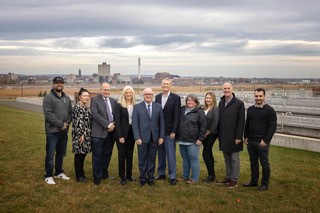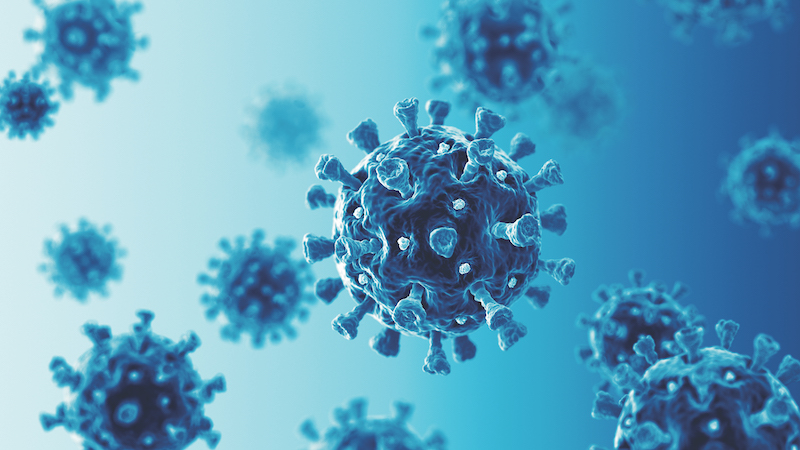Riverview, GNB – COVID-19 wastewater surveillance networks are being established in the province. The initial pilot sites include the greater Moncton area and Natoaganeg First Nation. Additional sites are being investigated with support from the provincial and federal governments.
“We are proud to support the introduction of the initial COVID-19 wastewater surveillance sites,” said Health Minister Bruce Fitch. “This project will give people in the area more information about the prevalence of COVID-19 in their community so that they can assess their risk and take the appropriate steps.”
Wastewater surveillance for COVID-19 is becoming a crucial tool for public health authorities because it is a low-cost option to obtain non-invasive biological samples from the population. This can help decision-makers understand the status of community infection, sometimes before symptoms start, without requiring personal health information.

Privacy considerations will be prioritized throughout the duration of the project.
The project stems from the work of a committee with representation from the departments of Health, Environment and Local Government, the regional health authorities, Indigenous Services Canada and the Public Health Agency of Canada. The municipalities of Riverview, Moncton, and Dieppe; the Natoaganeg First Nation, and staff at the Dr. Georges-L.-Dumont University Hospital Centre Laboratory are also participating.
“Testing a community’s sewage (wastewater) can assist us in determining if COVID-19 is increasing or decreasing in that area. With this data, people in the greater Moncton area can make informed decisions about personal health measures when going out into their community,” said federal Health Minister Jean-Yves Duclos. “This expansion of the wastewater surveillance program is another great example of collaboration between the Government of Canada and the Government of New Brunswick in our continued efforts to address COVID-19.”
Samples are currently being tested at the Dr. Georges-L.-Dumont University Hospital Centre Laboratory but are also being sent to the National Microbiology Laboratory in Winnipeg for validation and metagenomic sequencing. The working committee will continue to collaborate with the Dumont hospital to process wastewater from additional sites in New Brunswick.
Results of wastewater testing are available on the Public Health Agency of Canada website.












